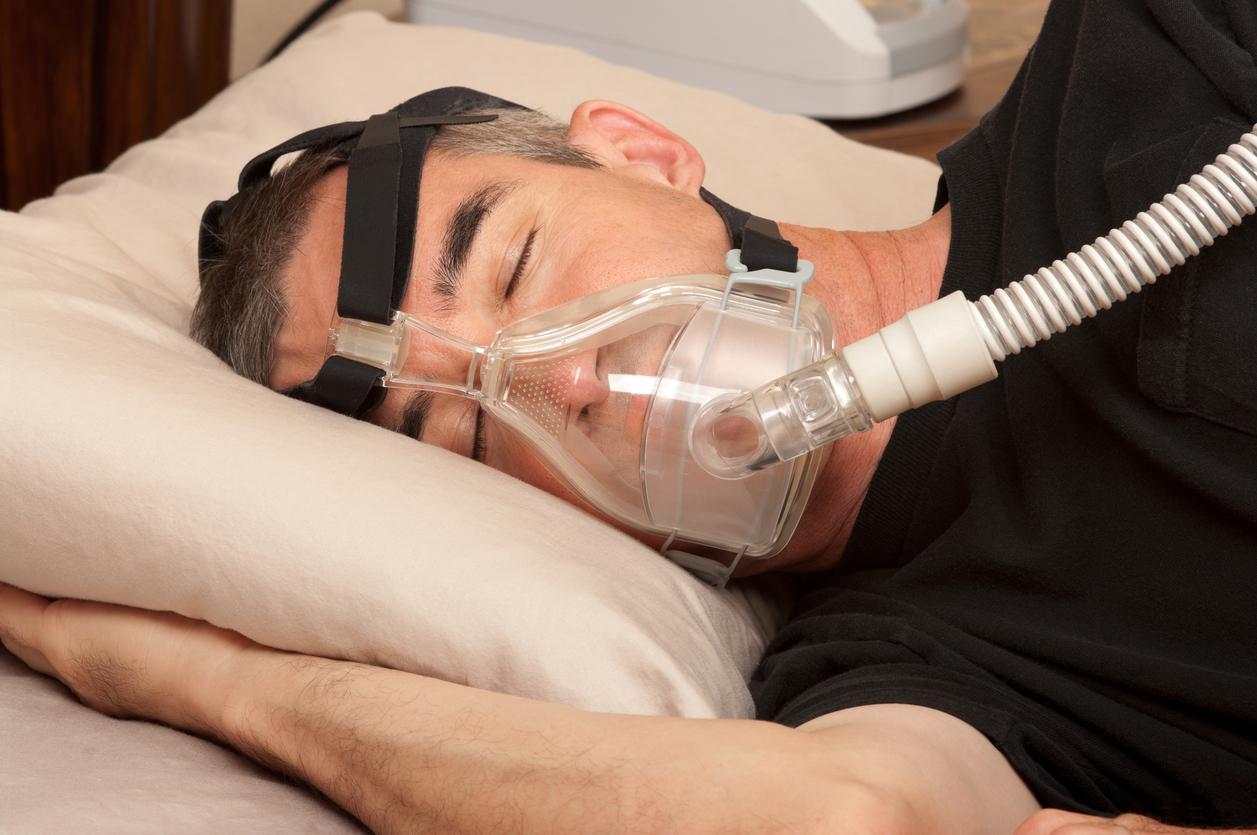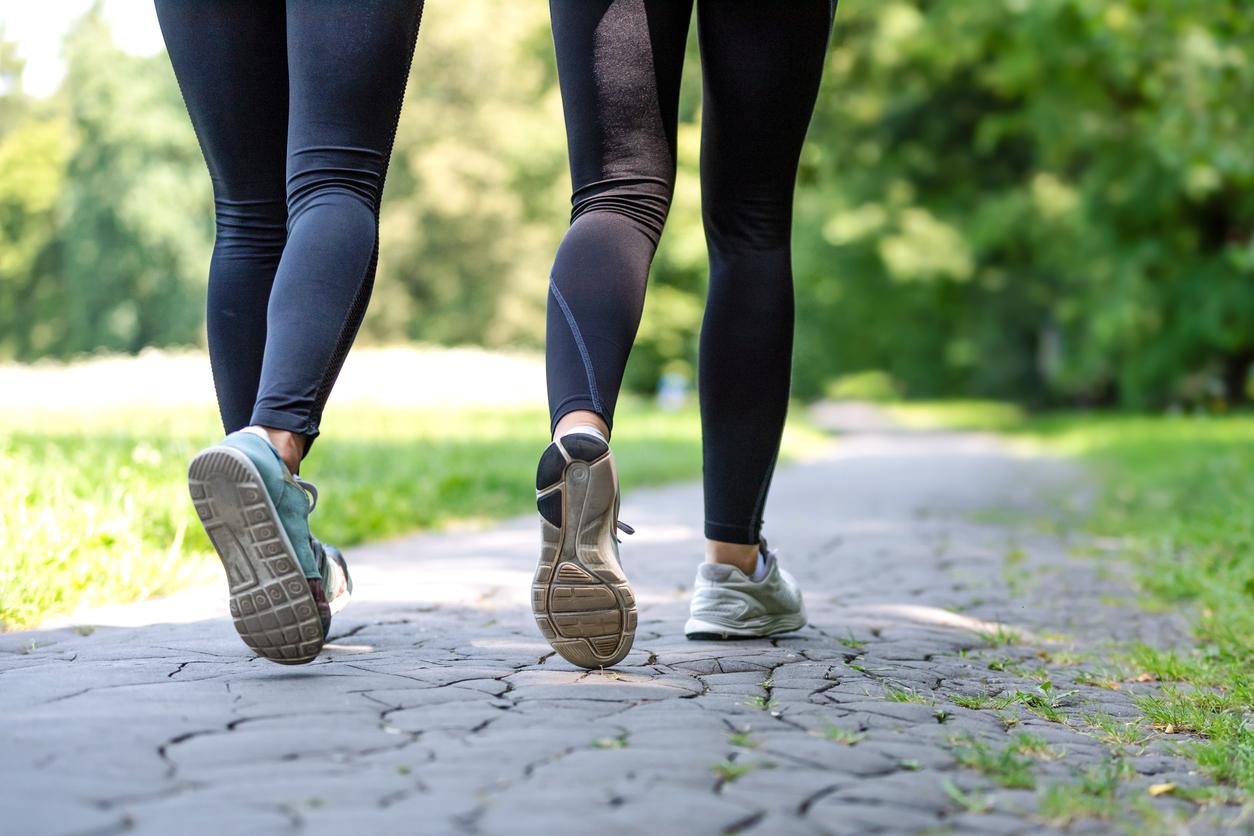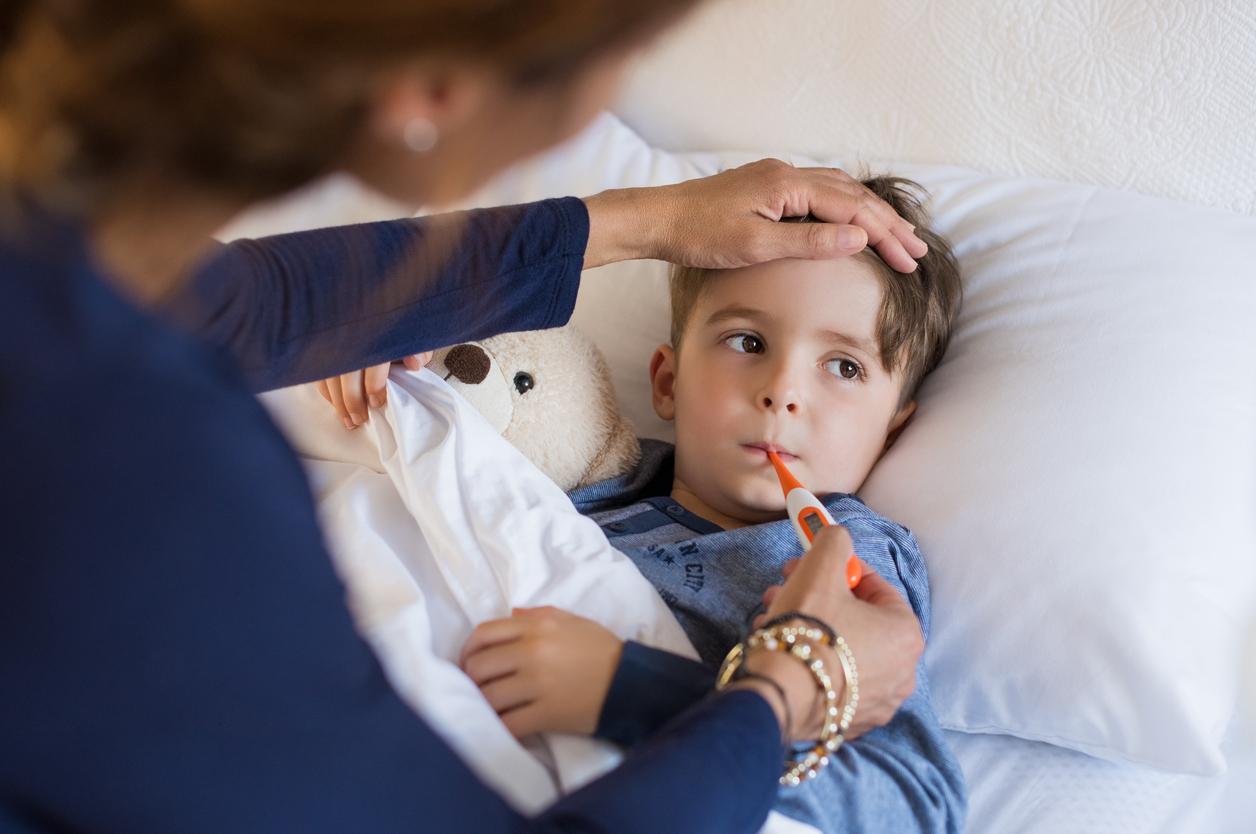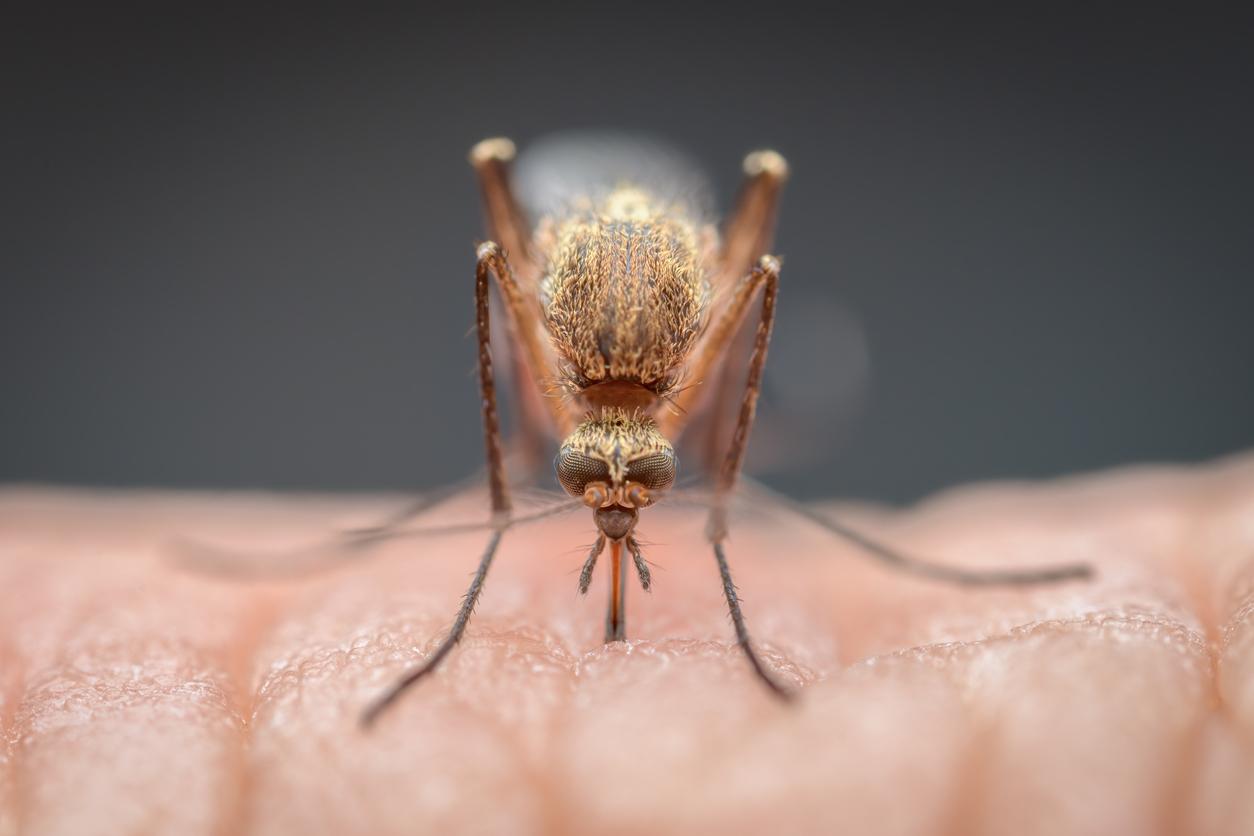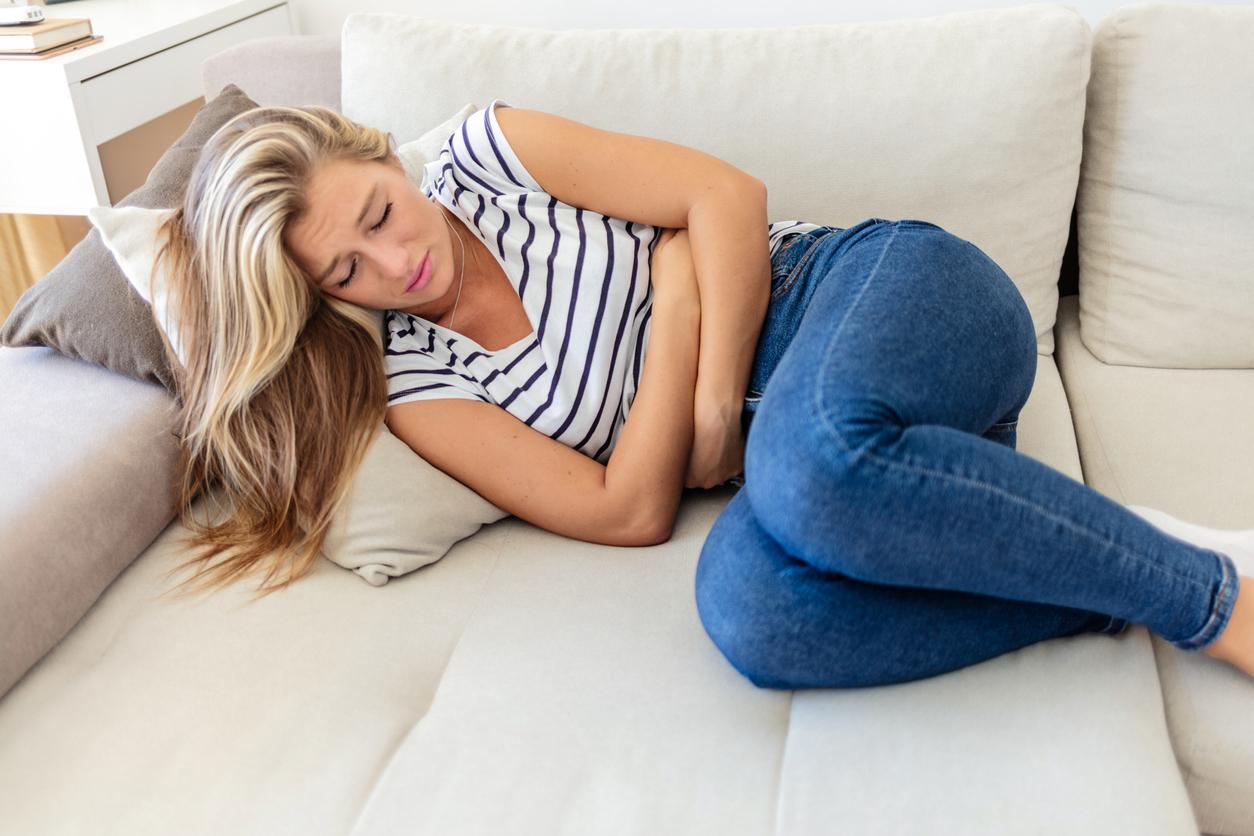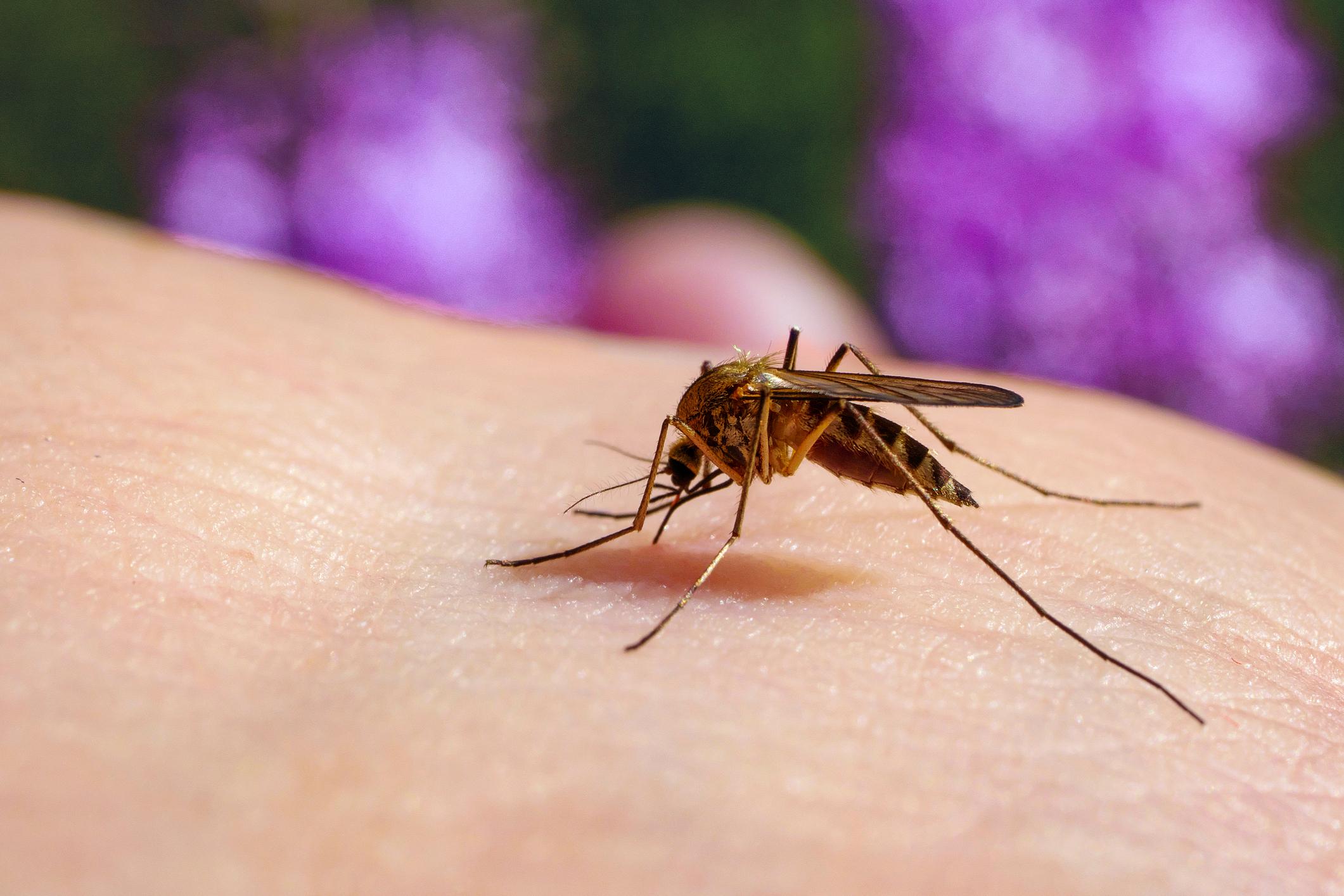
Reduce complaints
About 20 percent of people in the Netherlands suffer from watery eyes and a runny nose in the spring. They are sensitive to pollen in the air. Hay fever can cause unpleasant symptoms. Here are some tips to reduce seizures.
Amount of pollen
Keep a close eye on what you are allergic to (trees, grasses, or herbs). The GP can find out exactly via a skin or blood test. Once you know what you are allergic to, you can find the amount of pollen in the air on pollen detectors on a daily basis. Then you know when to expect the worst and you can take preventive medication if necessary.
Avoid allergens
Avoid anything you are allergic to as far as possible. If you are primarily allergic to grass, you should not lie down in a freshly mowed lawn. Or go mow the lawn yourself! Also, do not hang clothes outside to dry.
Vaseline around nose
Wear sunglasses when you are outside. Preferably one that closes well around your eyes. This protects your eyes from pollen. Also, apply some cream or petroleum jelly around your nose when you go out. This protects your skin from direct stimulation of the pollen. Wash your hands often.
anti-pollen screens
Keep the windows closed as much as possible. If you still want some fresh air in the house, open windows that are not windy or put anti-pollen screens in front of them. Preferably air your house early in the morning or in the evening after a rain shower. Then there is less pollen in the air. Also be careful with the ventilation system in the car. This allows the pollen to enter.
Bedroom pollen free
Wash your hair more often and brush your hair before going to sleep. The pollen will not end up on your pillow. If you know that you have been walking in the pollen all day, immediately put your clothes in the wash. Also take a shower before going to sleep. Regular vacuuming also helps keep your bedroom pollen-free.
damp washcloth
If your eyes are itchy, don’t rub. You can transfer pollen that are on your hands. Rubbing can cause inflammation and irritation. You can reduce the irritation by placing a damp washcloth on your eyes or rinsing your eyes with cool water. Drip from the eyes often brings relief.
Avoid stimulants
Hay fever complaints are made worse by tobacco smoke, freshly painted rooms and house dust. Also avoid contact with irritating substances such as chlorine, ammonia, perfume, hairspray, exhaust fumes and strongly scented flowers and plants.
Holiday by the sea
Keep in mind that there is three to five times as much pollen in the air in the countryside as in the city. There is also more pollen in the air around busy highways. At the sea and in the mountains there is less pollen in the air. Try to take this into account when choosing a holiday destination.
Teaspoon of honey
An old wisdom is: put a teaspoon of honey in your tea daily. This would get you used to the pollen. Honey often contains small amounts of pollen. Be careful if you are very sensitive! Honey can then actually provoke an attack.
Use medicines
Use your medicines on time! Apart from the fact that allergies don’t usually go away on their own, each attack is quite an attack on your body. In addition, if you have had a very bad attack, you will be more sensitive for a while and have an attack more quickly. So don’t let your attacks get out of hand.
Use nasal spray
Allergies such as hay fever often cause a slightly weakened immune system. This is especially true during and just after an attack. As a result, you have an increased risk of, for example, sinus infections, flu or pneumonia. Therefore keep your hay fever under control with antihistamine tablets and (cortisone) nasal sprays.
go swimming
Exercise is healthy, but with hay fever it can be quite difficult. You are sniffling, you don’t feel completely well and you may also be a bit short of breath. Therefore, adjust your sports or training program to the season. It is best to exercise when there is little pollen in the air; early in the morning, after a rain shower or outside the hay fever season. Do not exercise in the woods or on a lawn, but in a hall. A good summer sport is swimming in an indoor pool. Always wash your clothes after exercising. Pollen adhere well to sweaty clothing.



